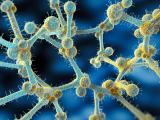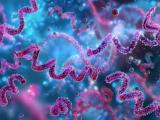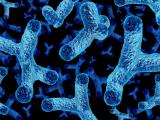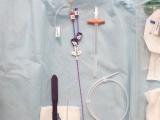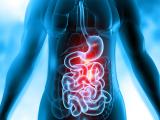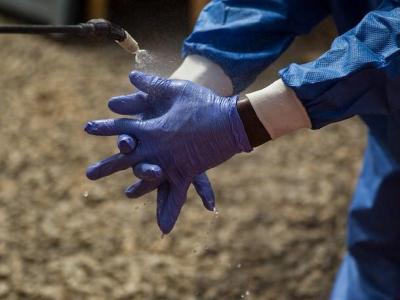Jun 24, 2010
India reports mutation linked to different symptoms
Health officials in India are reporting a "slight" mutation in the pandemic H1N1 virus that is leading to more sore throat and backache and fewer high fevers, according to the Hindustan Times. One health officer said the antiviral oseltamivir (Tamiflu) and vaccination are still "very effective" against the virus. Dr Om Srivastav, who is on a state government H1N1 advisory committee, said, "There is a small change in the virus. But this is not surprising. We expect it to change further."
http://www.hindustantimes.com/india-news/mumbai/H1N1-virus-has-mutated/Article1-562325.aspx
Jun 24 Hindustan Times story
Antiviral resistance found in immunocompromised
A report published yesterday in Emerging Infectious Diseases studied 32 H1N1 patients whose immune systems were compromised—17 undergoing stem-cell transplant and 15 with cancer. Ten (31%) were admitted to intensive care (9 of whom were stem-cell patients), and 7 (22%) died. The H275Y neuraminidase mutation, which confers oseltamivir resistance, developed in 4 of 7 patients who tested positive for H1N1 after more than 4 days receiving oseltamivir. Three of these 4 were critically ill.
http://www.cdc.gov/eid/content/16/7/1068.htm?rss
Jul Emerg Infect Dis study
Chinese surveillance finds swine-avian flu reassortment
Surveillance in Chinese pigs from 2006 to 2009 found novel reassortment between swine and avian flu viruses. Among 3,546 samples taken from pork-producing provinces, researchers found 29 strains of influenza A (19 H1N1, 1 H1N2, 9 H3N2). Genetic analysis showed that all H1N2 and H3N2 strains were double- or triple-reassortant viruses, which contain avian H5N1 fragments. The authors say the findings "raise concern about generation of novel viruses in pigs, which could have pandemic potential."
http://www.cdc.gov/eid/content/16/7/1162.htm?rss
Jul Emerg Infect Dis dispatch
Rapid test often negative in severe illness
Thai researchers examining 20 confirmed and 3 suspected H1N1 patients found that those with the most severe illness were least likely to have a positive rapid diagnostic test (RDT). They could not explain the finding by differences in time to access medical care, performance of RDT, or antiviral therapy. They say their finding confirms CDC guidance, which recommends empiric treatment even when RDT is negative and recommends collecting lower respiratory tract specimens for PCR testing.
http://www.cdc.gov/eid/content/16/7/1181.htm?rss
Jul Emerg Infect Dis letter
